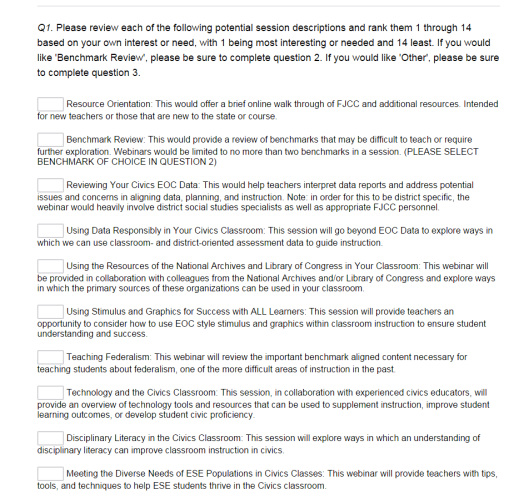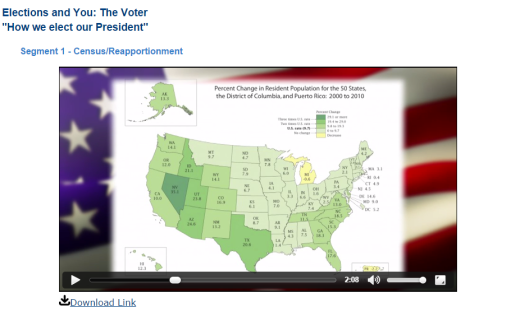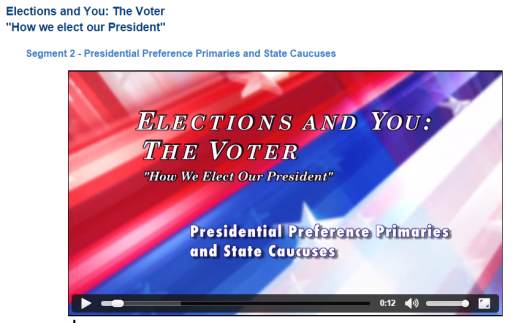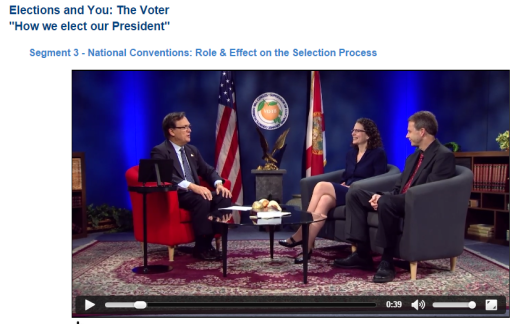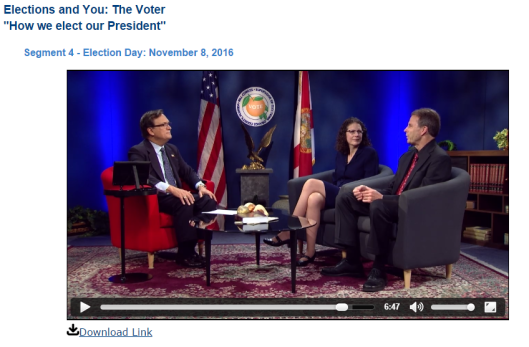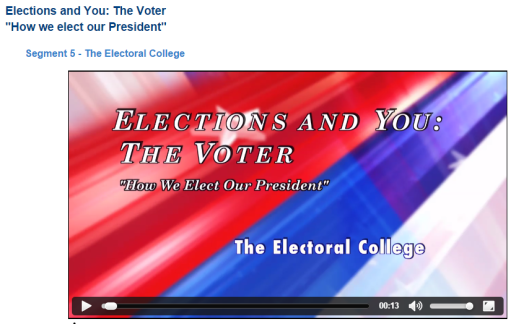The National Council for the Social Studies (NCSS) College and University Faculty Assembly (CUFA) invite proposals for scholarship to be presented at its Annual Meeting, which will be held on November 30-December 2, 2016 in Washington, D.C. The theme of this year’s conference is “Civic Learning and Cultural Inquiry in a Changing World”. CUFA’s program will include individual paper sessions, symposia, contemporary issue dialogues, invited speakers, as well as CUFA/NCSS co-sponsored Research in to Practice (RIP) sessions.
Accepted proposals will be linked to the presentations through the open conference system. Authors will have the option of uploading their completed papers to replace the proposal after the program is finalized.
Scope of Program
We invite you to submit original work related to social studies: 1. educational research (qualitative and quantitative), 2. theoretical perspectives, 3. teacher education and professional development, and 4. advocacy/outreach efforts. CUFA envisions the social studies as central to democratic citizenship education broadly defined and including the various disciplines of history, sociology, political science, geography, and political science. As such we encourage colleagues from a variety of disciplinary perspectives to submit their work.
Topics of Particular Relevance
Based on a membership survey conducted in the Fall of 2015, we encourage researchers to submit symposia, contemporary issues dialogue sessions, and paper proposals about the following topics:
Contemporary issues relevant to the conference theme of civic learning and cultural inquiry in a changing world.
- Ways to engage in and promote social studies research that informs educational policy and practice.
- Ways to cultivate a more just society through social studies education/teacher education activism and pedagogy.
- Methods for disrupting gender norms in social studies education/social studies education research.
- Building the capacity of social studies education/social studies education research to empower LGBTQ youth.
- Ways in which social studies education/social studies education research can access cultural funds of knowledge and global understanding to promote powerful social studies teaching and learning for diverse student populations.
The complete call for proposals can also be found on the submission site: www.socialstudies.org/cufa2016. The submission deadline is Tuesday, March 1, 2016 by 11:59pm PST. No submissions will be accepted after that time and date.
If you are a Twitter user and would like to tweet about the conference, the official conference hashtag is #CUFA16
If you have any questions about the call, proposal submission process, or reviewer sign-up process, please contact Dr. Brook Blevins, program chair, at cufa2016@baylor.edu.



